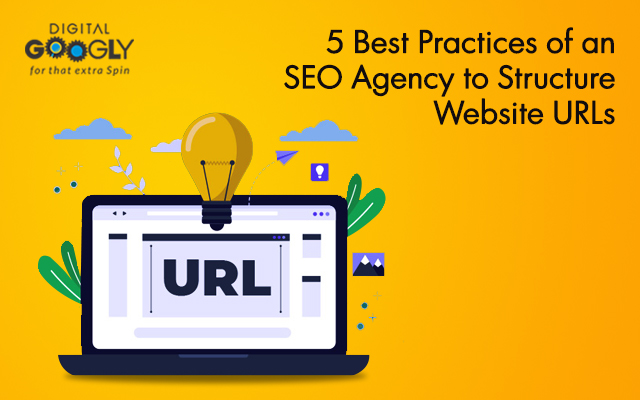Have you finished optimising the information and graphics on your website? Have you checked the speed of your website? Have you updated your XML sitemap? Now, you may believe that your SEO success formula is complete, but structuring URLs might be the icing on the cake, providing you an edge over your competitors. Ask any expert marketer, and they’ll tell you how important it is to create short, exact URLs for SEO. The short URLs allow Google to effectively index and rank your webpages on its search engine while also providing a better user experience for all visitors. Optimising URLs isn’t rocket science, but it’s also not simple.
As one of the best SEO agencies in Kolkata, we’ll share some tips to help you develop SEO-friendly URLs with less effort.
Choose a Reliable Domain
Your domain selection may or may not have an impact on SEO, but it will determine how users interact with your website. Because user experience is so vital in SEO, you can’t overlook the importance of choosing the best top-level domain. Because “.com” is the most prominent domain, it can help your website gain authority and credibility among internet visitors.
Maintain the Length
Search engines prefer shorter URLs to their lengthier ones. You should try to keep the URL length inside the range of 50-60 characters as much as possible. Anything longer than 80 characters can have a negative impact on your SEO.
Use Hyphens
Many people overlook issues like whether or not to use hyphens or underscores in URLs, so here’s what every major SEO firm has to say about it. Because hyphens are simpler for both search engines and humans to recognise than underscores, our team of digital marketing professionals at Digital Googly agree with Google’s recommendation to use these characters instead of underscores in your URLs.
Improve Readability
Don’t overcomplicate the URL by using extra words that are unnecessary. Let’s use the word ‘stop’ as an example. Commonly used phrases like “and,” “or,” “the,” and “it” can easily be deleted from the URL because Google does not index them.
Add Relevant Keywords
Although adding keywords does not guarantee you a top spot on Google’s search engine, it can help your website rank higher. When your URL is utilised as anchor text, however, using keywords will aid users in recognising and clicking your content.
Switch to HTTPS
If you can’t determine whether to keep HTTP or switch to HTTPS, go with HTTPS. There isn’t much of a choice because HTTPS must be used at all times. Identity theft is undeniably a growing worry in today’s world, so it’s only logical that individuals desire to use a secure connection.
Final Thoughts
The URL structure is the foundation of your SEO strategy, and disregarding it will impede your website’s SEO performance. You can gain long-term rewards once you get the structure right, says our SEO expert of the best digital marketing agency in Kolkata.
